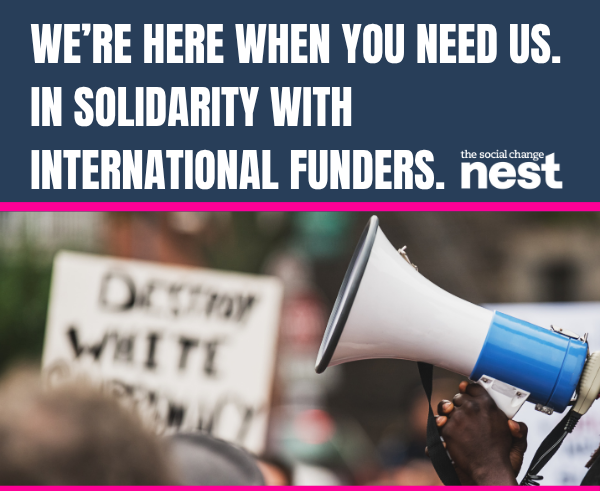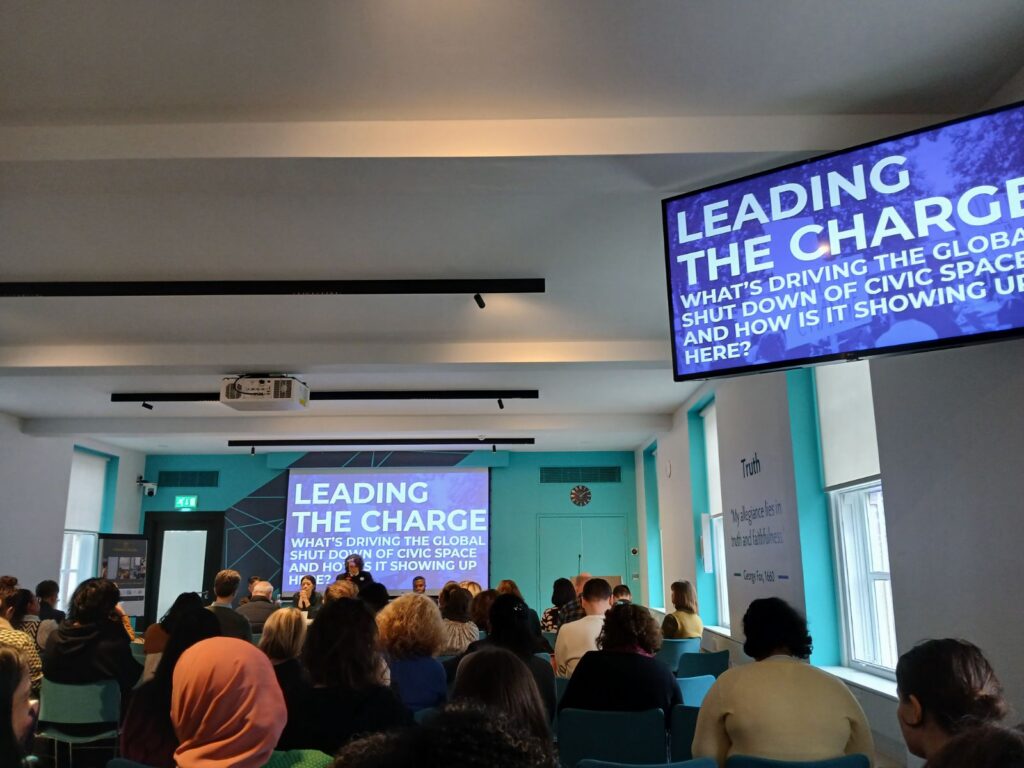Why The Children's Investment Fund Foundation (CIFF) Are No Longer Funding NGOs in the U.S.
The official statement pointed to an unclear policy environment, but this only hints at the more troubling reality. While not confirmed, it seems likely that it was a protective response to immense political pressure, the kind that’s becoming more and more of a concerning trend for funders championing transformative work in climate and DEI. In the face of an untenable storm of risk, CIFF made an incredibly difficult choice.
What happened to CIFF isn’t an isolated incident. It’s part of a wider, coordinated effort to intimidate philanthropies that support progressive causes. Only recently we wrote about the politically motivated investigation into Open Society Foundations.
Why CIFF Stopped Funding U.S. NGOs
The campaign against The Children’s Investment Fund Foundation was sparked by a so-called “report” from the conservative watchdog group Americans for Public Trust engineered to paint their work in the worst possible light. It’s a tactic we’re seeing replicated, and it’s worth understanding.
A key element is twisting legitimate, powerful grantmaking into something sinister. Crucial grants for climate action were reframed as “dark money” from a foreign billionaire pushing a “radical” agenda. It’s a cynical and effective way to delegitimize the essential work of incredible activists on the ground. This is then amplified by loaded language—”murky,” “radicalization”—to create an atmosphere of pure suspicion.
Ultimately, the aim is to manufacture so much risk that carrying on becomes impossible. By demanding official investigations, these campaigns create a perfect storm of legal and reputational threats that no responsible board can ignore. It’s a strategy designed to put funding organisations in an impossible position.
The Wider Impact of CIFF’s Decision
The most immediate impact will be felt by the U.S. NGOS that have found themselves suddenly cut off from a major funder. The more pernicious impact is the chilling effect, designed to make us all a little more cautious, a little less brave.
When a major global funder is publicly cornered, it sends a powerful message: funding ambitious, systemic work is risky business. This pressure encourages institutional caution. It pushes philanthropy toward “safer” bets, funding direct services instead of the vital advocacy that tackles the root causes of need.
But we know that real, transformative change is never “safe.” It’s bold. It’s disruptive. We’ve seen time and again that change doesn’t trickle down; it surges upward from the very movements this pressure is designed to silence.
This is another shot across the bow of the entire social change sector. The goal is to shrink the space for bold action and scare off those with resources.
What Next?
This moment isn’t a reason to retreat. It’s a call to get smarter, more resilient, and more connected in our solidarity. It’s a call for new models of support, like international fiscal hosting, that can protect and empower the vital work happening on the frontlines. The pressure is real, but we believe the power of community-led change is infinitely stronger.
As funding regulations shift, ensuring the continuity and compliance of impactful grantmaking is crucial. If your foundation is considering strategies for future grant cycles, particularly for international climate, democracy, or DEI initiatives, we can provide safe alternative routes for grant making. We’re happy to have a confidential chat about how we can help you figure out a path forward during these turbulent times.

As funding regulations shift, ensuring the continuity and compliance of impactful grantmaking is crucial.
Get in touch to see how we can help

